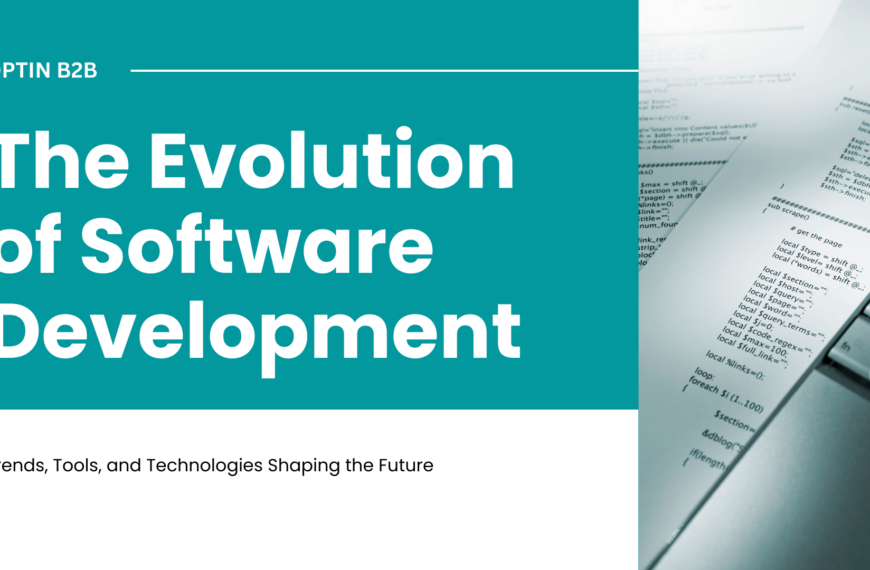The financial institutions are increasingly turning to Artificial Intelligence (AI) to streamline tax compliance processes. AI-powered tools help automate the complex and often time-consuming process of tax reporting, ensuring adherence to both local and international regulations. Leading fintech companies like Intuit and Thomson Reuters are leveraging AI to analyze tax data, predict liabilities, and generate accurate reports in real time. This reduces errors, improves efficiency, and minimizes the risk of costly fines for non-compliance.
With AI, tax compliance software can instantly update itself with new regulatory changes, eliminating the need for manual updates. The automation of repetitive tasks, such as calculating taxes based on evolving rules, frees up professionals to focus on strategic decision-making, increasing operational productivity. As a result, financial institutions can more easily maintain compliance with tax laws, avoid audit risks, and ensure timely submissions.
Furthermore, AI helps in identifying discrepancies or potential areas of concern early in the tax preparation process, allowing businesses to make adjustments before filing. This proactive approach not only ensures compliance but also enhances financial forecasting and planning, contributing to more accurate tax positions and better overall business strategies.
In 2024, the growing use of AI for tax compliance is expected to expand, with businesses increasingly integrating machine learning and AI-driven analytics into their tax management systems. As regulations become more complex globally, the demand for AI solutions that automate compliance tasks is expected to continue to rise, offering significant benefits to fintech and financial services companies.
For companies in the fintech space, investing in AI-driven tax compliance solutions is crucial for staying competitive and reducing the risk of non-compliance, ultimately supporting smoother operations and better financial health.


















